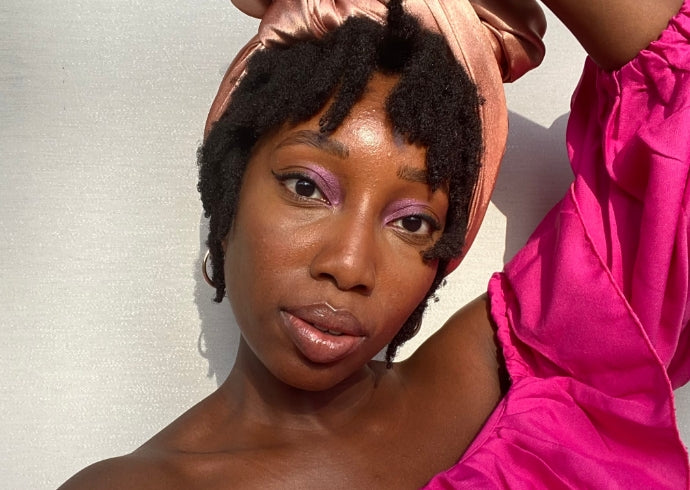At Milk, we stand for inclusivity and the freedom to live your life openly, authentically, and unapologetically. Laws that threaten our community affect all of us. A wave of recently passed and proposed anti-LGBTQIA+ legislation in the US is the latest attempt in an ongoing effort to strip the rights of LGBTQIA+ people. That’s why this Pride, we believe it’s more important than ever to uplift and create safe spaces for our community.
Throughout the month, our special guest editor Devin-Norelle, a model and trans advocate, is sharing the stories of seven people across the country who are actively fighting for their rights. Because all LGBTQIA+ people deserve to have a safe space to exist freely.
When Sherenté Mishitashin Harris first made the decision to dance Fancy Shawl, they had no idea these early steps would quickly build into something so much larger than themself. In the Narragansett tribal nation, they grew up watching this sacred dance, traditionally led by women, and felt something that spoke to their heart as a Two-Spirit person—an identity representing a bridge among binaries.
“Fancy Shawl dancing is a dance of liberation and continuation,” says Sherenté. To him, it also represented a safe space and an act of connectivity that remains core to how he moves through the world. “When we dance, we’re living as individuals but tapping into this feeling of oneness that is the truth behind this illusion of us being separate,” she says. “When we dance, we dance in a circle, with no end and no beginning.” Through Fancy Shawl dance, she could feel the lines blur between her and other beings in the world.
This choice didn’t come without its detractors. Since their first Fancy Shawl dance, Sherenté has faced a wave of hateful comments even from within their own community, at times so painful that they considered quitting. Ultimately, she found strength in those that stood beside her both physically and across time—and the resolute certainty that she did not want to hand over an ounce of her power.
“There are so many more people that accept what I’m doing and have actually stood up, stood beside me, and protested on my behalf,” he says. “There are Two-Spirit relatives that used to dance in Powwows when they were younger, and I need to keep dancing for them and the next generation, so that they won’t have to do this alone.”
This commitment to the people that Sherenté calls home is a thread of connection that ties her not only to Fancy Shawl dance, but also to everything that Pride stands for. Connection to everything—not just members of his tribe, but also other beings in this world, the earth, nature, and everything that exists in it—is fundamental to how he and other Indigenous people see the world. For there to be space for one, there must be safe spaces for all identities.
A long tradition of acceptance exists among Indigenous people, including the Narragansett tribal nation. Sherenté points out how the colonists did everything they could to instill a sense of shame in her people for everything they did, from walking freely upon the earth to accepting identities beyond limited binaries. Those "teachings" were met with a response that still resonates strongly with Sherenté today.
“When the colonists came and would try to indoctrinate us, some of our people would say, ‘Peace, hold your peace,’” they say. “It means that there is room enough for us to lead our unique lives. We should not all be living the same way because that would take away so much from the beauty that we have here and now.”
Read on for Sherenté’s thoughts on the beauty and interconnectedness of safe spaces.
What does a safe space mean to you?
A safe space to me is a place where I can authentically be myself. It’s one that is governed by reciprocity and respect. I think of the traditions of my ancestors and how influential our ancestral teachings have been in creating safe spaces that allow for freedom—of thought, of expression—amongst all people. Practices like talking circles, where everyone is given space to speak and share, and to exist democratically.
So much of what we think of today as the liberty and democracy that America is supposed to uphold comes from the people of my region: my people, the Narragansett people, Eastern Woodland people, Indigenous people. My idea of safe space is inextricable from people.
 |
 |
What is your earliest memory of finding a safe space?
It was very jarring entering into the public school system and the colonial world that came with it. Many of our young boys—when they go to public school—are bullied harshly by their peers and aren’t given much support from faculty. If anything, faculty often show ignorance about their next-door neighbors: the Indigenous people that live here. They’ll call the young, Indigenous boys in their class girls because they have long hair. Many of our young boys will cut their hair because of the stigma put upon them for not conforming to the world’s prescribed idea of gender roles. Many Narragansett boys also keep their hair long as a form of resistance.
This really awoke me to the fact that I did have a safe space at home amongst my people. Later in life, when I came out as Two-Spirit, it was at home: a world governed by our traditional way, where I could most freely be myself. I feel very blessed that I have the privilege of knowing a safe space in my home when so many don’t have that luxury and have to create safe spaces for themselves.
How do you foster a safe space?
Something that’s a deep tenet of our traditional thought is that we are all beloved relations. We often say, “All my beloved relations.” When we say that, we’re not just referring to our families, our extended families, or our people, but also our relatives that are the animal peoples, the tall standing beings that are the trees, the creeping crawling things that are the insects, the swimming ones, and the winged ones. Our earth birthed us and is our mother. To regard the entire world as your relation is to recognize that you and they are inextricably connected. You must treat the world and your relations as you'd treat yourself. You must give it the same space that you'd hope others would give back to you.
What do people get wrong about Pride?
Pride is about making communities, reclaiming spaces, having the courage to change minds, and reintroducing these ideas that are not so new: that we can partake in all of the beautifully different experiences the world has to offer us without shame. It goes deeper than just accepting us. We obviously need spaces where we can be accepted, but Pride is not about being accepted; it’s about accepting yourself regardless of other people’s opinions. The more we live unabashedly, the more we force others to reckon with our lives and to see the beauty in them.
As an Indigenous person, one thing constantly on the front of my mind is that we are always invisible. That invisibility ensures that we stay in a state of oppression, that our rights continue to be denied to us, and that we aren’t seen or talked about. There’s no legislation that requires people to learn about the Indigenous people here in Rhode Island schools. Many people think that Narragansett is the name of a town. So even half-hearted or poor representations of Pride feel like they are of value to me, as someone who is constantly seeking to be seen in any way. I do know that it’s not enough, and that I should expect and want more.
How do you celebrate Pride outside of Pride month?
I celebrate Pride all the time. It’s very similar to how our people traditionally had 13 Thanksgiving celebrations throughout the year, correlating to our lunar calendar (which has 13 moons). We’ve been doing this longer than the ‘first Thanksgiving’ that’s taught in school. As we step into June, the month of my birth, we step into the strawberry moon. In traditional stories of the strawberry, it’s a sacred berry and a berry of friendship. We’re taught to always share strawberries with others. If you eat them alone, you might choke on them.
This is all to say: I have always been taught that each and every day, we give thanks. That spirit of gratitude is fundamental to creating communities of respect. That’s what I see a safe space as being: a community of respect. I try my best to do that in my relationships.
My grandmother gave my father the name Sherenté, and I was also given the name Sherenté because my grandmother believed it would bring us wealth, and that we would prosper with that name. My father says it absolutely worked: It brought him a wealth of love and children and joy. The more love and acceptance we put out there, the more it will come back to us. That’s at the heart of what I see Pride as. I remember going to my first Pride and being overcome by seeing other people like me, as far as I could see. These are the kinds of worlds we can build when we love without shame—not just to partners, but to family and to friends as well.
How does Fancy Shawl dancing create a safe space for you and for others?
Fancy Shawl dancing is a dance of liberation and continuation. When we dance, we are giving thanks. It’s prayer; when we dance, we call the spirits into motion with us, for all of the world’s powers are seeded in the deepest parts of ourselves. This style of dance, traditionally led by women, is a deeply sacred act. I felt that if I was not dancing in a style that spoke to my heart as a Two-Spirit person, my prayer would be empty and without meaning.
Growing up, I never felt comfortable dancing with the boys. I remember looking with awe and reverence at the women dancing. Today, I feel that Fancy Shawl dancing is something I must continue to do to create a safe space for others. At times, it has been exceptionally difficult, enough to make me want to quit dancing Fancy Shawl. Those hateful comments still continue, and I would be lying to say that it doesn’t make me anxious every time I step into the Powwow circle. But I always remind myself that I can’t give that small group of people an ounce of my power. There are so many more people that accept what I’m doing and have actually stood up, stood beside me, and protested on my behalf.
I've received mail from multiple countries and messages from across Turtle Island (North America) from Indigenous youth and elders. I felt a little undeserving because this all began from a very personal place of doing something for myself, but very quickly, it became much larger than me. Soon, I was fighting a battle for others.
They are the people that are going to be my home and my family. If we cannot help our own relations, then we have no one and are alone. But we are never actually alone; there are always people there, and we just have to be open to them. Soon enough, the day will come when I won’t be able to dance any longer. It’s important that I continue to dance while I’m given the privilege to do so, not just for me, but for all of the people that can’t dance or have been discouraged from dancing.
What does it mean to be an ally?
|
 |
What would you tell your younger self?
I don’t know if I would tell my younger self anything because fate has its hand in things. We often say life is unfair and it’s true, but life has a way of finding balance and making balance. Our lives as individuals may seem very unbalanced, but there’s a much greater song that is being played. We are all dancing to the music, and I give great thanks to the struggles that I have endured and reached the other side of. There are so many other journeys for me to venture forth on. I don’t think that I would want to try to avoid that pain, for the fear that it would make the richness of my contentment less present.
What would you tell young people today?
We view our future and our past as connected. All of this has happened before, and all of it will happen again. There is peace in knowing that. Whatever injustices you might face and despite the pain you may know so intimately, work to find peace. You may not be able to, but nothing is forever. If you can endure through that journey, nothing is forever. Once that pain has left you, I pray that you can regard it with peace and respect for the role it has played in your story. For our story would be terribly dull and pointless if we did not all have our own battles.
This interview has been edited and condensed for clarity.
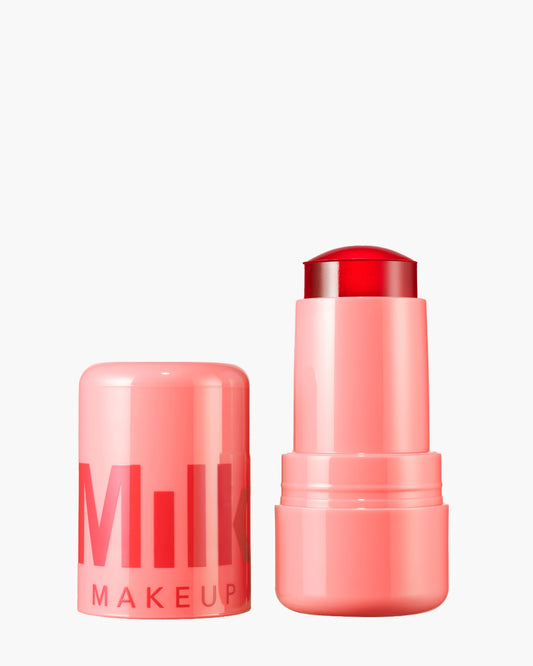
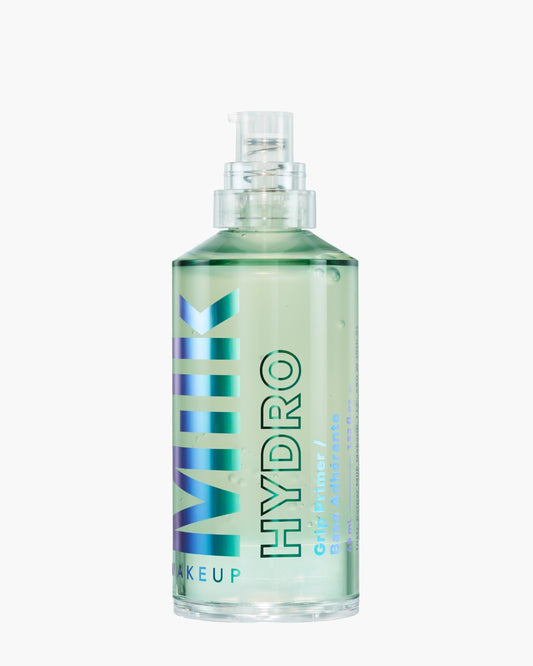

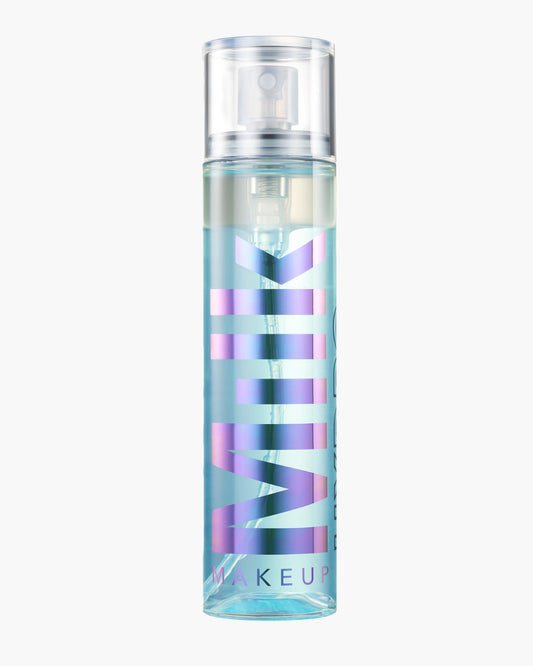
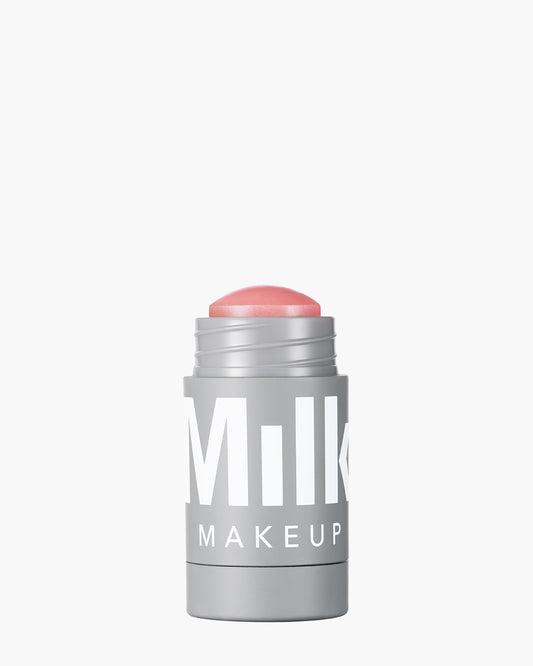
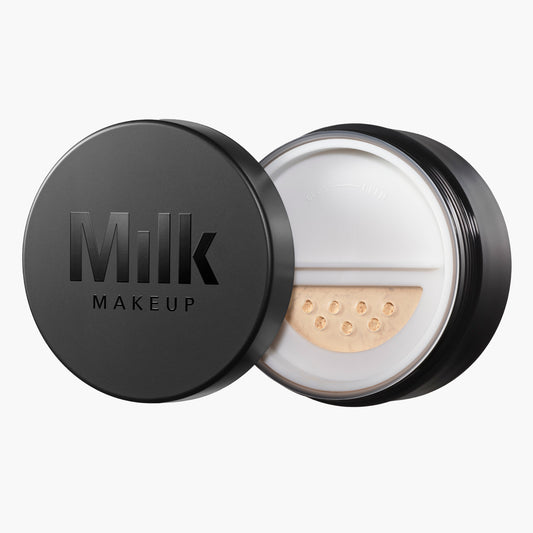





-%E2%80%A2-Instagram-photos-and-videos-v1709919789860.png?150x150) "
"